Welcome to Cloud Atlas
Your ultimate guide to understanding the diverse and beautiful world of clouds. Explore different types, learn how they form, and test your knowledge!
Cloud Directory

Cirrocumulus clouds are small, rounded puffs of ice crystals that appear in long rows high in the sky. They are usually white but can appear grey. They are sometimes called 'mackerel sky' because of their fish-scale like appearance.
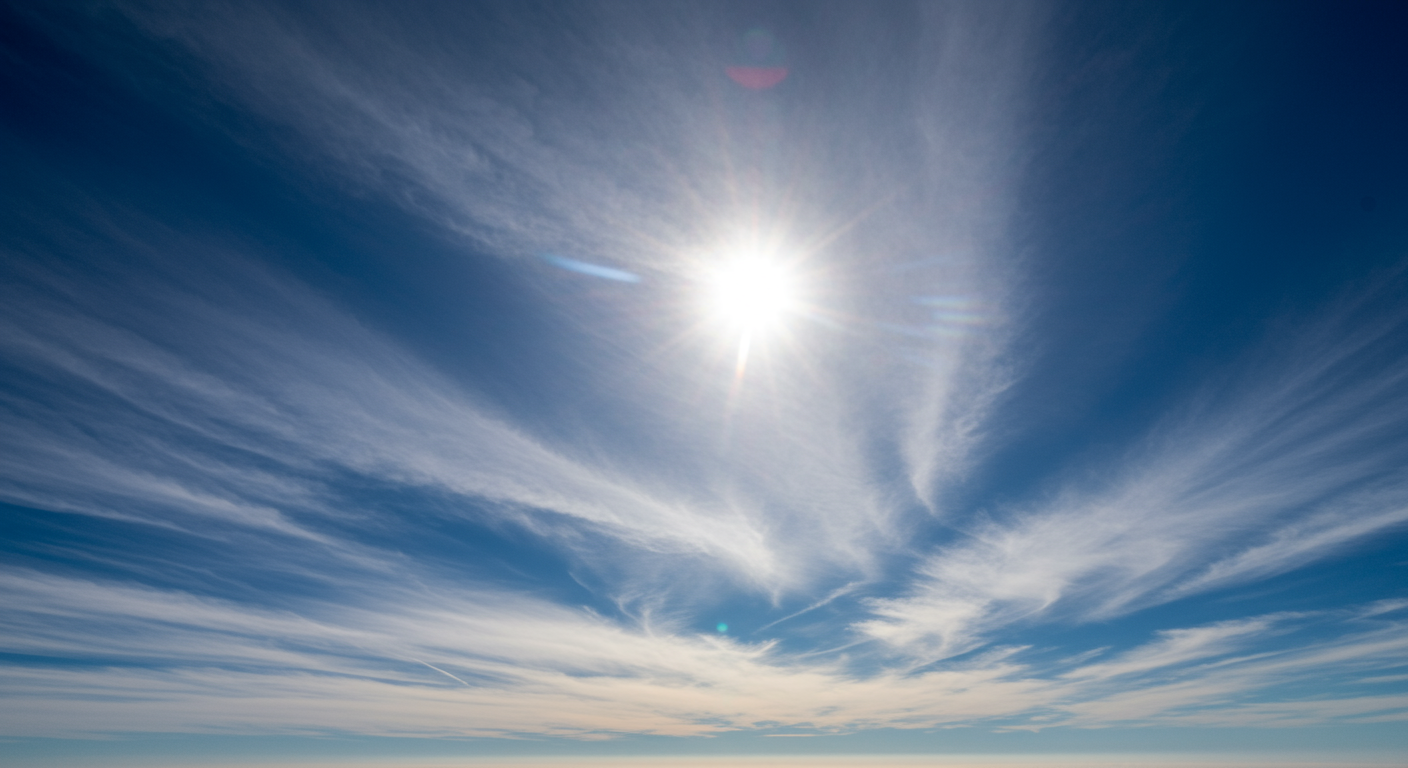
Cirrostratus clouds are transparent, whitish veil clouds with a hair-like or smooth appearance. They are composed of ice crystals and are widespread, often covering the entire sky. They are known for producing halo phenomena around the sun or moon.

Cirrus clouds are thin, wispy clouds made of ice crystals. They are typically found at high altitudes and often indicate fair weather, but they can also be a sign of an approaching warm front.
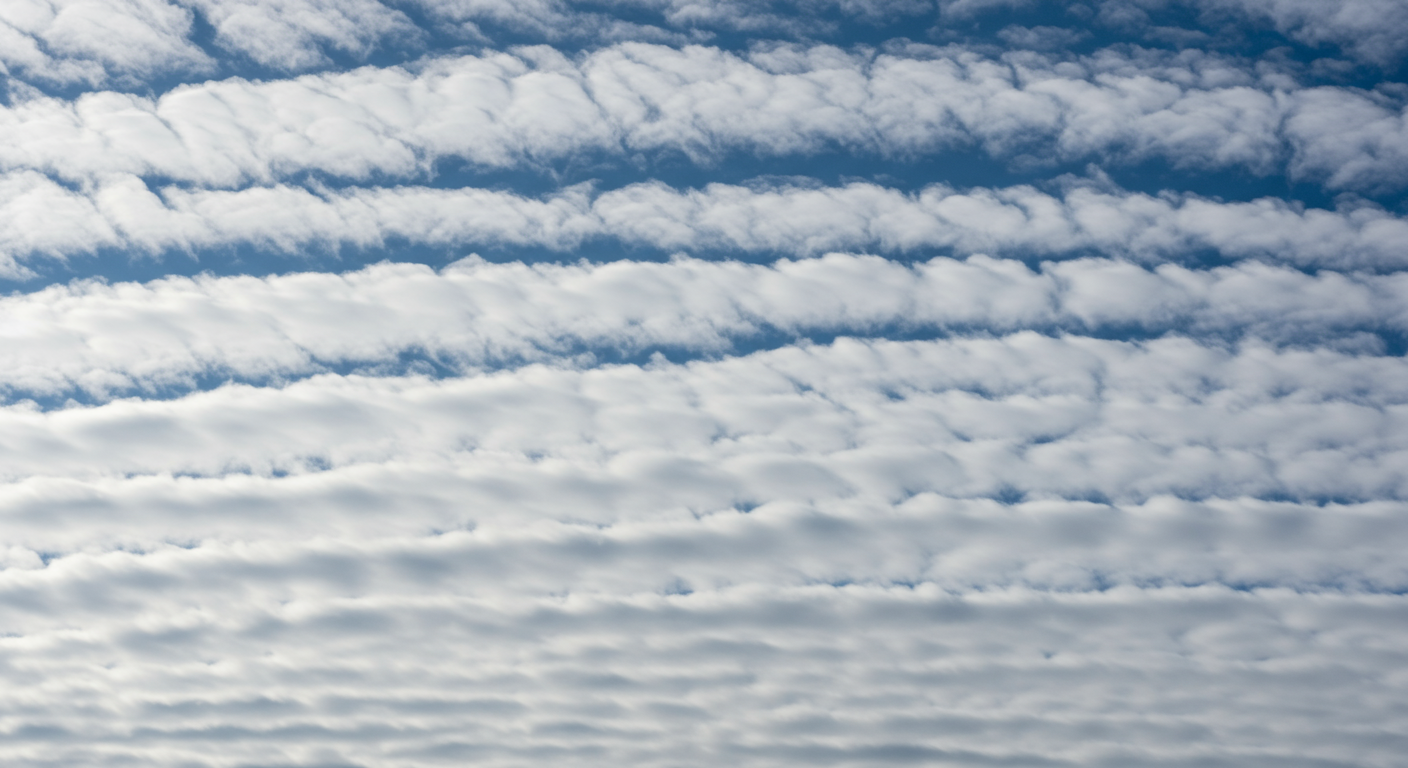
Altocumulus clouds are mid-level clouds that appear as white or greyish layers or patches with a waved or rounded appearance. They are composed of water droplets or ice crystals and can signal upcoming weather changes.
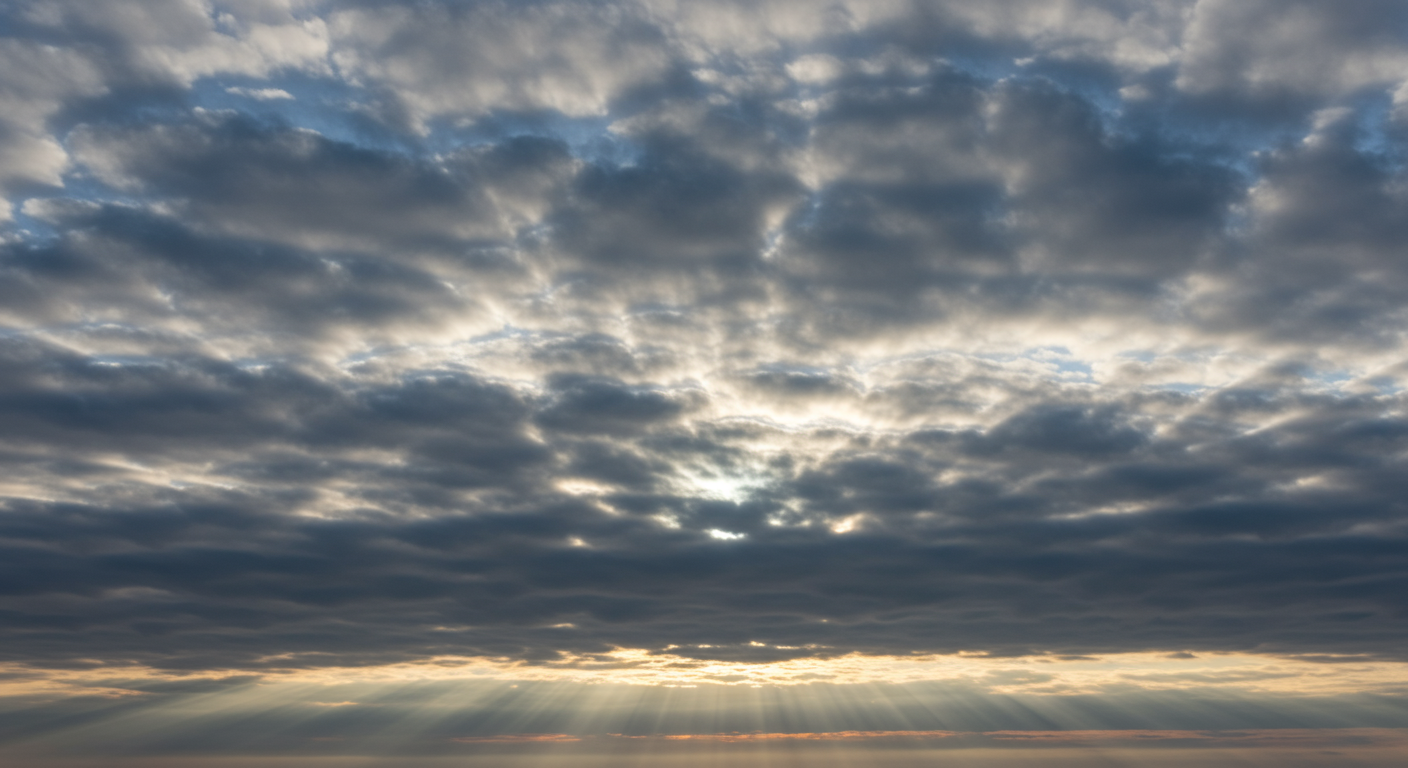
Altostratus clouds are mid-level clouds that typically form a grayish or bluish sheet or layer of uniform or fibrous appearance. The sun or moon may be visible through thinner altostratus as if through ground glass.
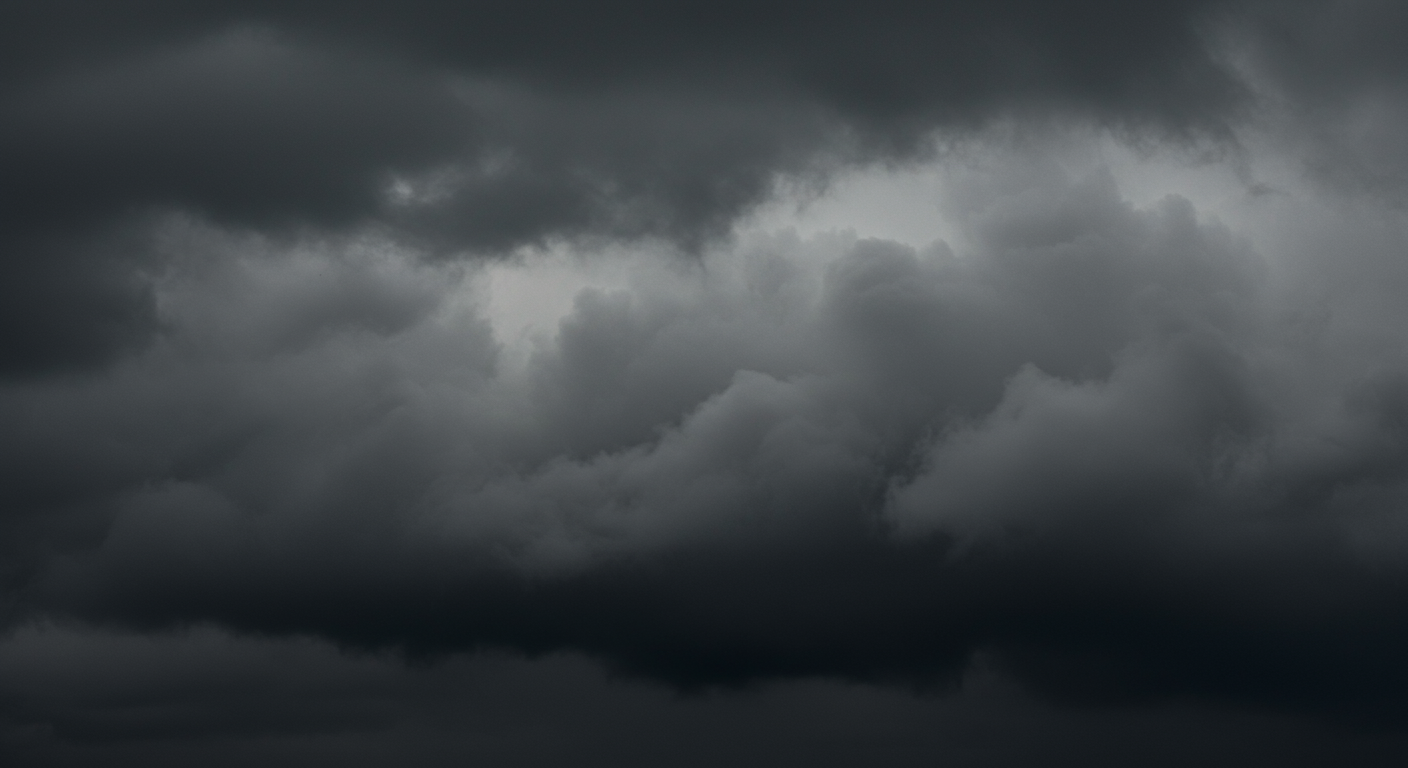
Nimbostratus clouds are thick, dark grey, amorphous, and widespread clouds that produce continuous, moderate to heavy precipitation (rain or snow) over a wide area. They completely block out the sun.

Cumulus clouds are detached clouds with clearly defined, flat bases and puffy, cauliflower-like upper parts. They are generally fair weather clouds but can grow into larger storm clouds like cumulonimbus.
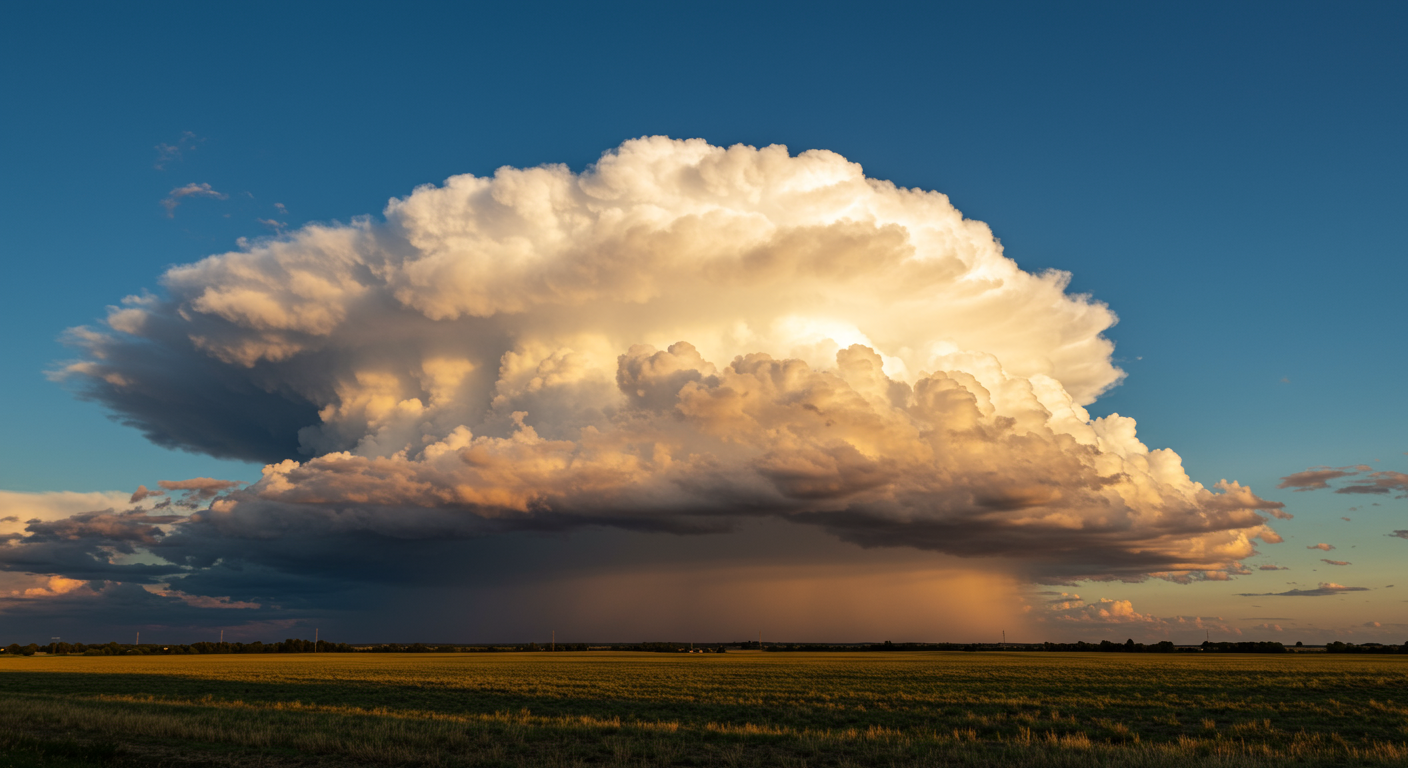
Cumulonimbus clouds are dense, vertically developing clouds, often called thunderheads. They are associated with thunderstorms, heavy rain or hail, strong winds, and sometimes tornadoes.

Stratocumulus clouds are low, lumpy clouds characterized by their rounded masses or rolls. They are generally grey or whitish with some darker shading. They can be arranged in lines, groups, or waves.
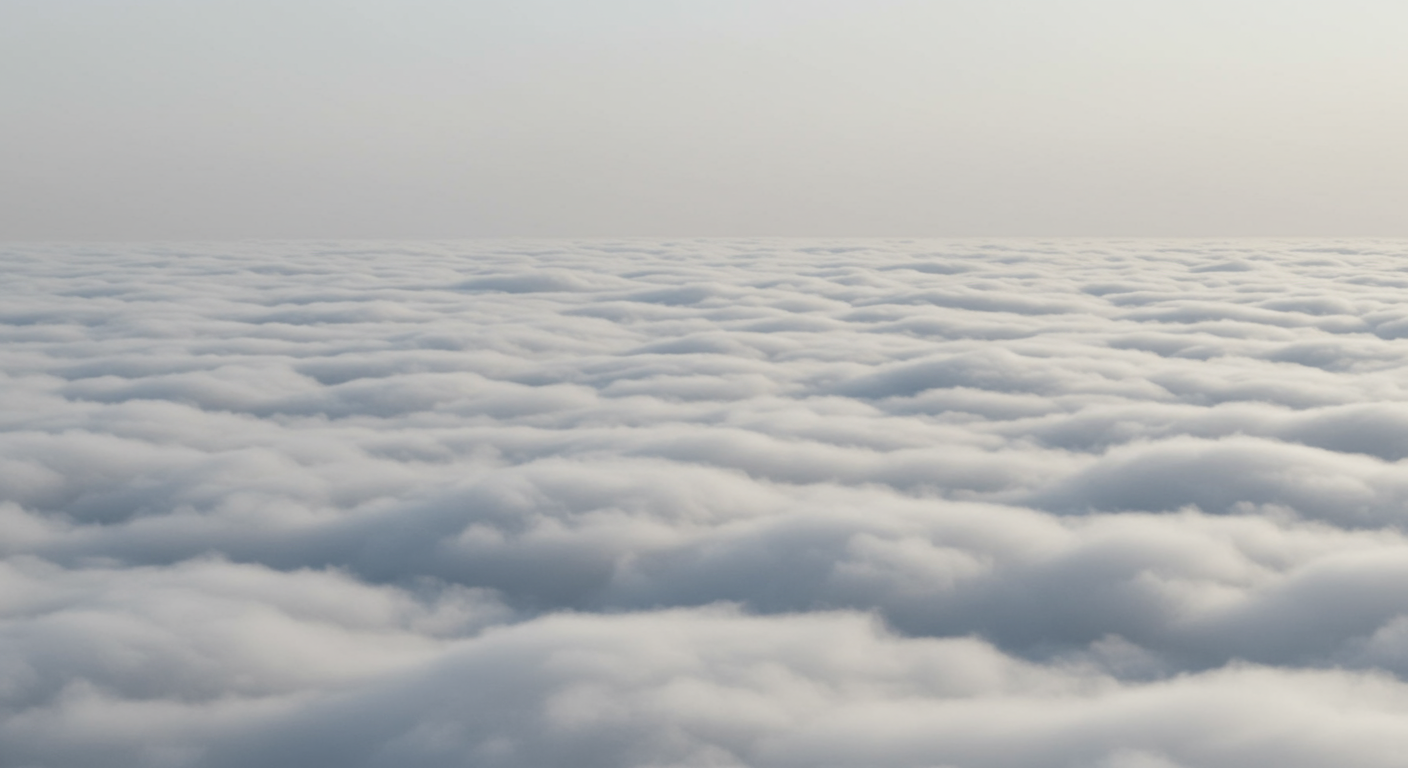
Stratus clouds are horizontal, layered clouds that form a gray, featureless sheet, often covering the entire sky like fog that doesn't reach the ground. They can produce light drizzle or snow.
Take your cloud knowledge to the next level. Our intuitive app helps you identify cloud types using your phone's camera. Perfect for weather enthusiasts, students, and curious minds!
Download on the App Store